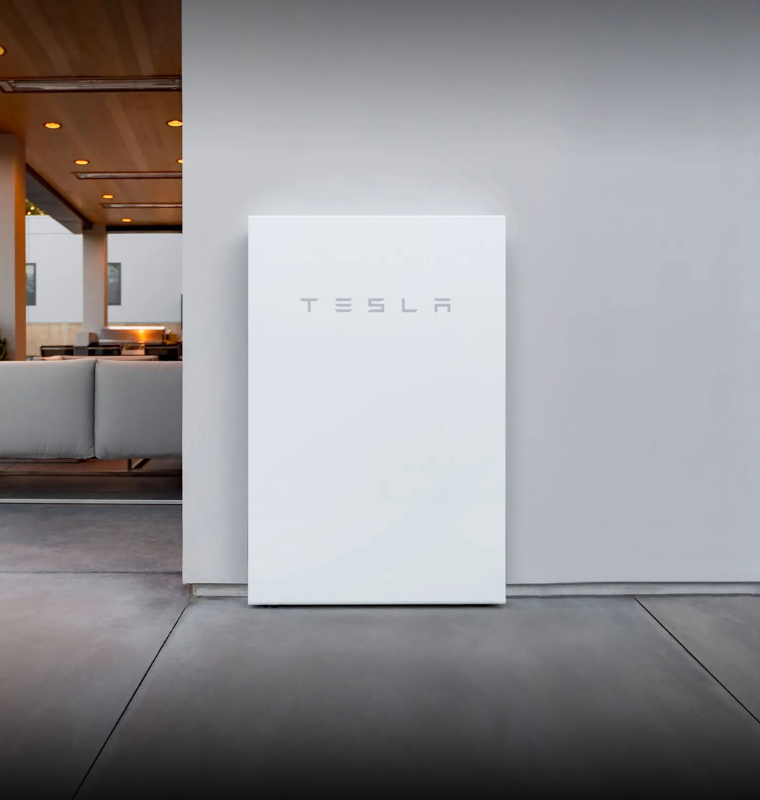Alphabet Joins $3 Trillion Club as Shares Surge After Favorable Antitrust Ruling
Alphabet Joins $3 Trillion Club as Shares Surge After Favorable Antitrust Ruling
By
Junia Wells
Last updated:
September 16, 2025
First Published:
September 16, 2025

Google CEO Sundar Pichai gestures to the crowd during Google’s annual I/O developers conference in Mountain View, California on May 20, 2025. | Camille Cohen | Afp | Getty Images
Alphabet Hits Historic Milestone
Alphabet, the parent company of Google, officially crossed the $3 trillion market cap mark on Monday, joining an elite group alongside Apple, Microsoft, and Nvidia. Shares jumped more than 4% during the session, closing at a market valuation of $3.05 trillion. This milestone comes roughly 20 years after Google’s IPO in 2004 and just over a decade since the creation of Alphabet as a holding company in 2015.
The company’s stock has surged over 30% year-to-date, significantly outperforming the Nasdaq, which has gained around 15% over the same period.
Antitrust Ruling Fuels Investor Confidence
Alphabet’s stock received a major boost in early September following a favorable antitrust ruling. The U.S. Department of Justice had previously sought severe penalties, including forcing Google to divest its Chrome browser, after a district court found the company had maintained an illegal monopoly in search and related advertising.
Judge Amit Mehta, however, opted against the harshest measures, delivering a decision that was widely viewed as a win for shareholders. The ruling alleviated regulatory fears, sending Alphabet shares to record highs and marking a key turning point for the company in managing U.S. oversight.
AI Competition and Strategic Growth
Beyond regulatory relief, Alphabet’s growth is fueled by its expanding artificial intelligence portfolio. The rise of competitors like OpenAI and Perplexity has pressured Google to innovate, with its Gemini AI suite emerging as the flagship platform for AI development. Analysts note that Alphabet’s strategic focus on AI has helped strengthen investor confidence, positioning the company to compete in a rapidly evolving tech landscape.
CEO Sundar Pichai, who took the helm of Alphabet in 2019, has navigated the company through intensifying AI competition while simultaneously managing regulatory challenges in the U.S. and Europe.
Looking Ahead
The $3 trillion milestone underscores Alphabet’s resilience and market dominance in search, advertising, and AI technologies. While regulatory scrutiny and AI competition remain ongoing challenges, investors are optimistic that the company’s strategic initiatives and continued innovation will sustain growth.
Analysts predict that Alphabet’s valuation could continue climbing, particularly if its AI models gain traction and regulatory pressures remain manageable, solidifying its position as one of the most valuable companies in history.
Popular articles
Subscribe to unlock premium content
The Rise of Silent Walking Tours in Historic Cities

The Rise of Ultra-Niche Cooking Classes Focused on Historical or Regional Recipes

The Rise of One-Person Dining Experiences for Ultra-Introverts in Major Cities

The Rise of Silent Walking Tours in Historic Cities

The Rise of Ultra-Niche Cooking Classes Focused on Historical or Regional Recipes

The Rise of Silent Walking Tours in Historic Cities









